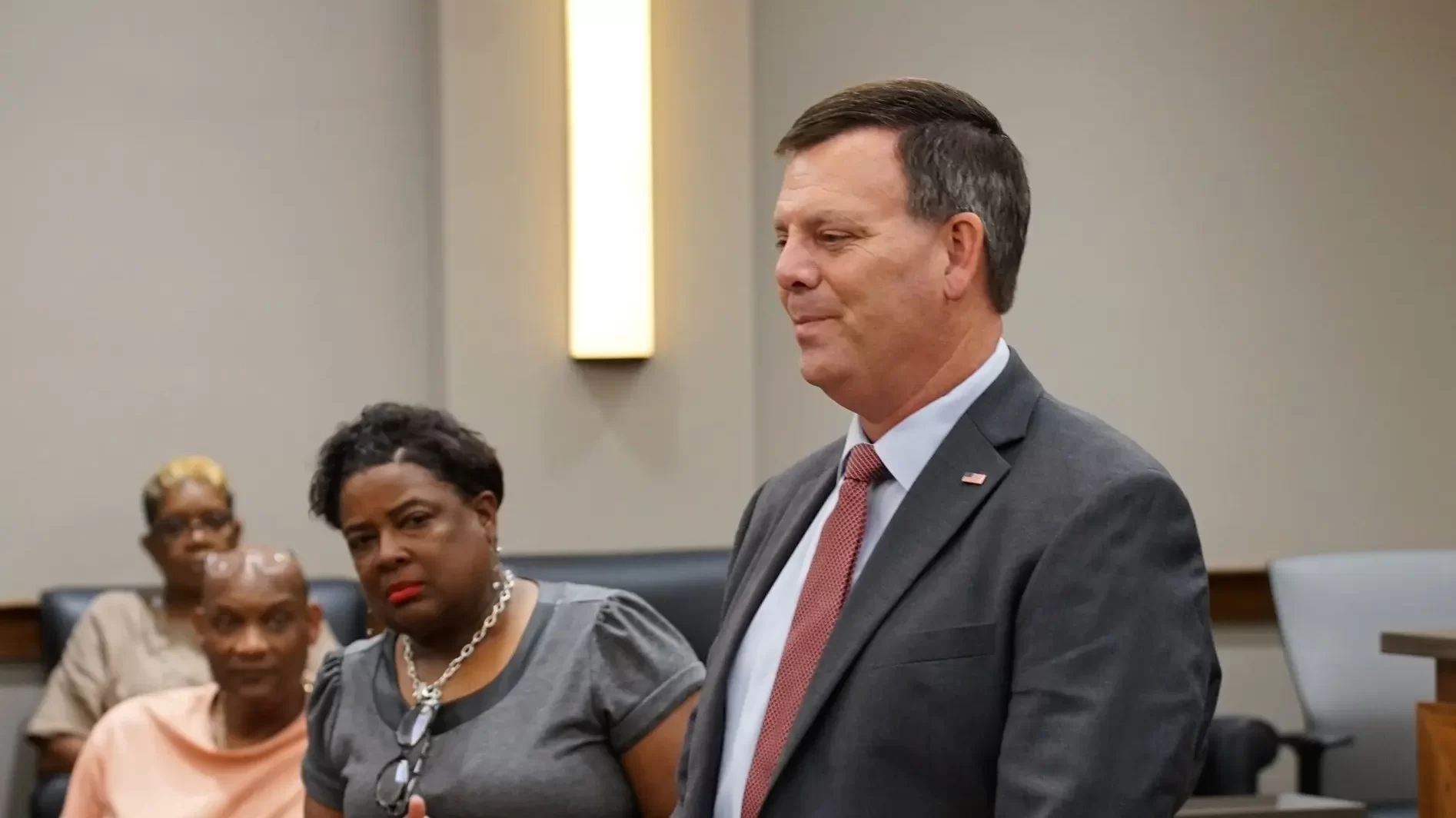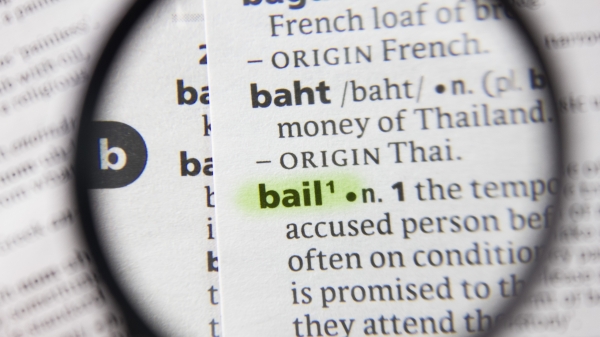Bail bonds in Alabama play an important role in the legal system, allowing individuals to secure their release from jail while awaiting trial. Bail serves as a form of security to ensure that offenders appear at their court proceedings.
Montgomery District Attorney Daryl Bailey took to Facebook recently to discuss how Aniah’s Law and the bail system in Alabama played a significant role in the county’s ability to hold offenders as the violent crime rates increase. He further stated that these issues should be taken up with legislators.
“Bonding companies are pledging millions of dollars in bail amount to the court without the ability to pay the bail if the defendants do not show up to court. This also needs to be changed by our legislature,” Bailey wrote. “We also need tougher gun laws with mandatory sentences for those who use guns in violent crimes. That is also a legislative function.”
If the offender or their family cannot afford to pay the full bail amount, they can seek assistance from a bail bondsman. Bail bondsmen in Alabama operate under strict regulations outlined by the Alabama Department of Insurance and are licensed under the Alabama Bail Bonding Board.
Bondsmen can post a bail bond on behalf of the offender, typically for a fee ranging from 10 percent to 15 percent of the total bail amount. When a bail bondsman posts a bond, they essentially guarantee the defendant’s appearance in court.
If the defendant does not appear on their court date, bondsmen are to pay the bond in full to the court. In return, the defendant will pay the bondsman a service fee which ranges from 10 percent to 20 percent of the bail amount.
After Alabama enacted Aniah’s Law in 2020, which allowed judges more discretion to deny bail for offenders who were considered dangerous, bondsmen started making less money. To counteract the dip in revenue, bondsmen started accepting payment plans to pay for bail. Offenders are allowed to make monthly payments towards their fee instead of paying the 10-15 percent upfront.
While bail bonds provide a lifeline for defendants who cannot afford to pay bail upfront, they also raise concerns within the criminal justice system disproportionately affecting low-income individuals. Pretrial offenders who could not post bail constitute the majority of Alabama’s imprisoned population.
Recently, there has been a movement to reform bail practices and reduce the monetary bail required. In December 2023, state Rep. Chris England, D-Tuscaloosa, pre-filed HB16, a bill that would authorize the court to accept a cash deposit smaller than the total sum upon approval of the judicial officer setting the cash bail.
The aim was to ensure that the money would be coming back to the court and going to prosecutors or their families instead of to the bondsmen, but the bill was placed on the calendar the day before the session ended on May 9.













































